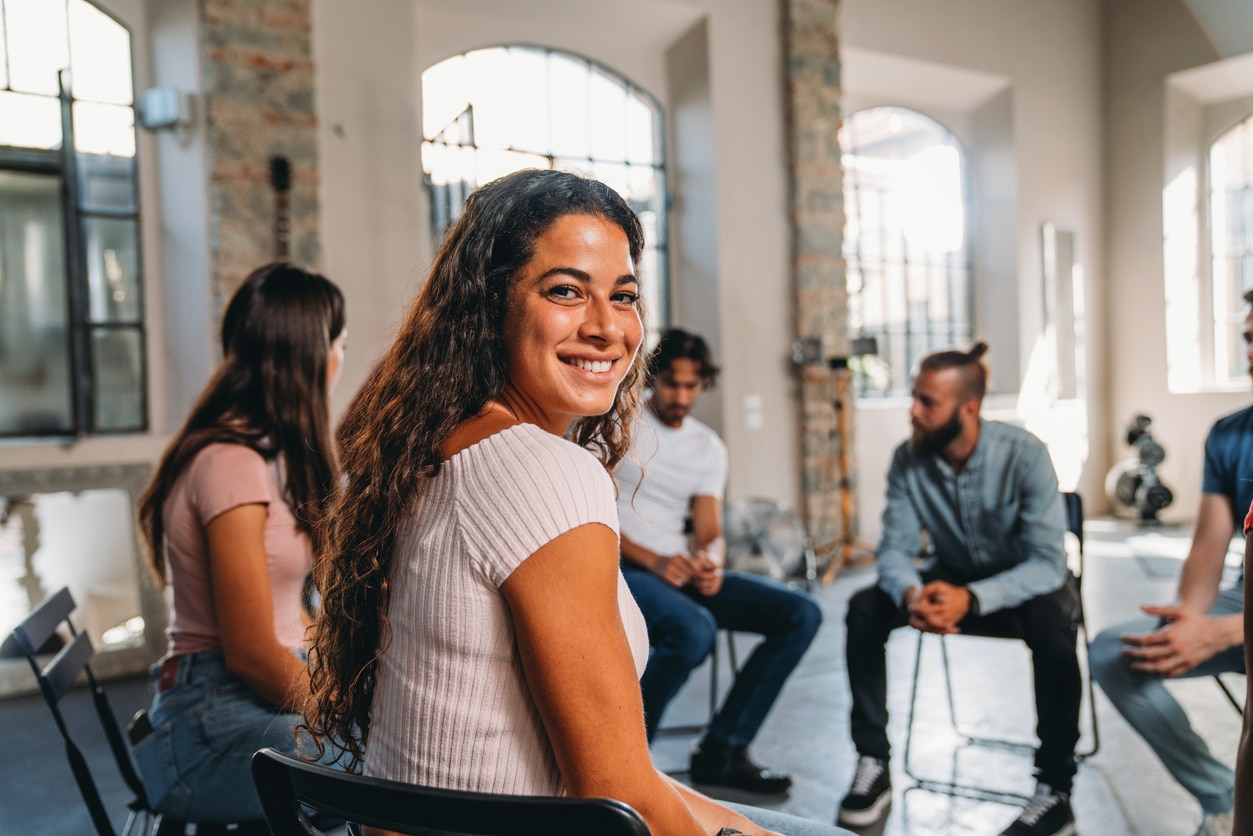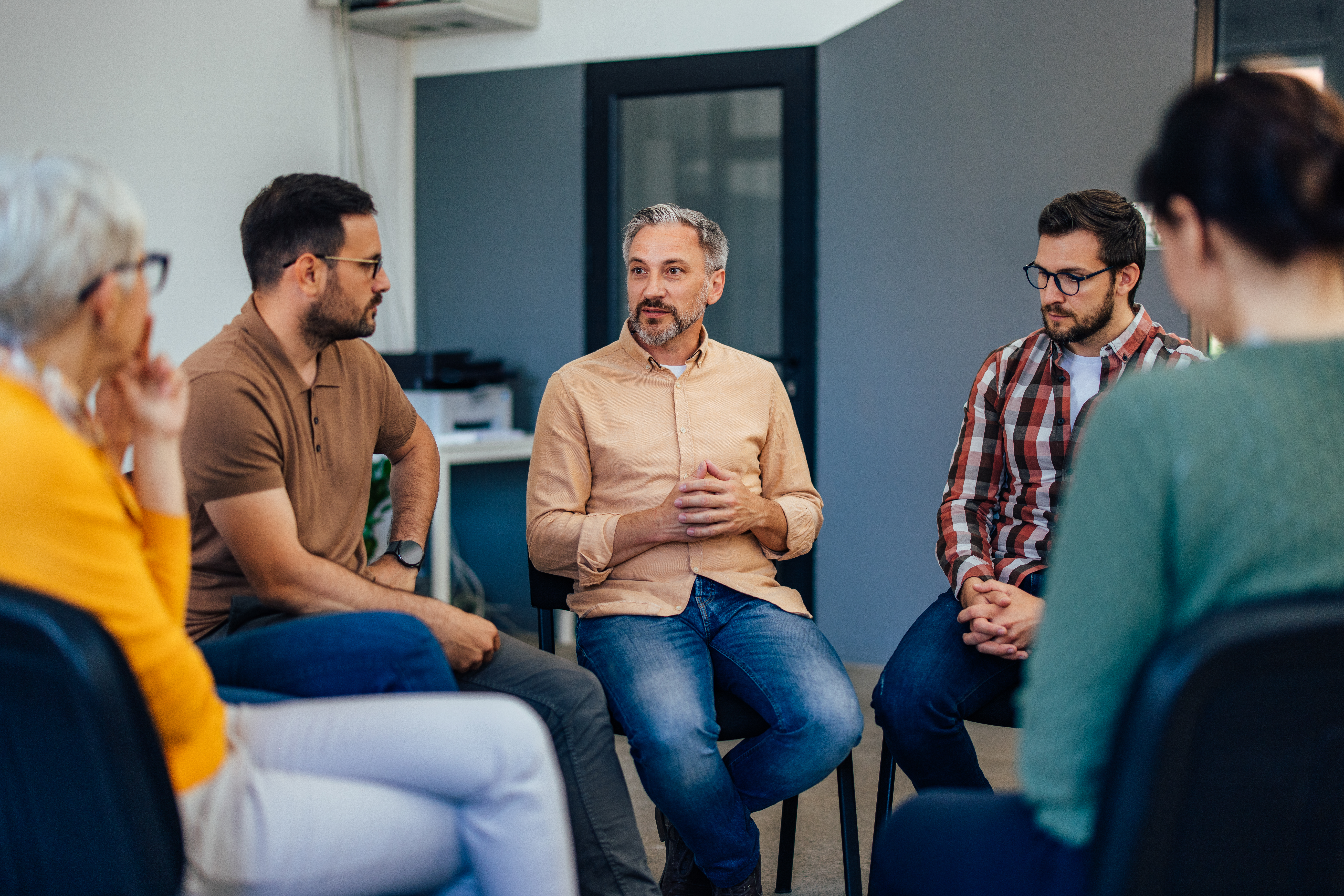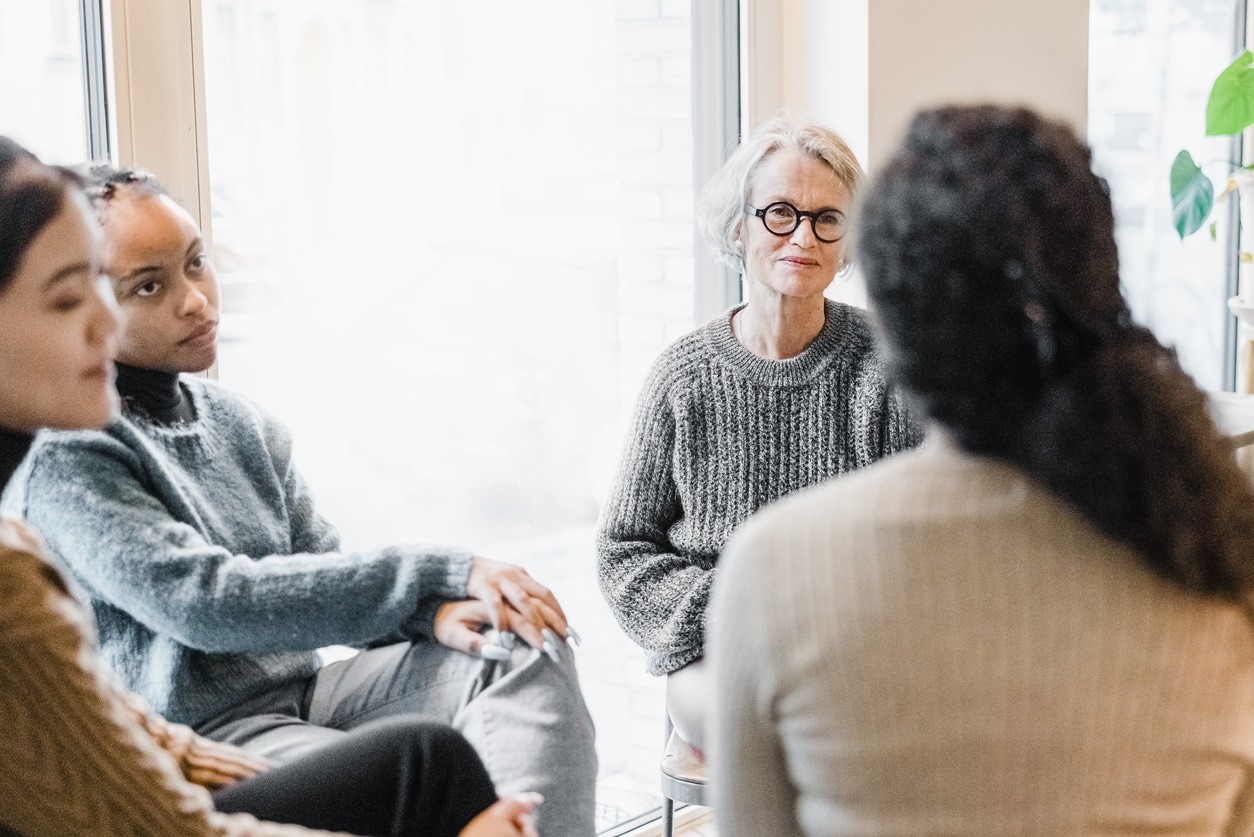A Life Skills Group Colorado Locals Can Trust
Overcoming addiction and staying on track isn’t just about fighting the urge to fall back into old patterns of behavior. It’s about building a life that one is excited to wake up to every day and learning to bounce back even when life throws you a curveball.
The journey to wellness is about creating a version of you that feels whole, vibrant, and ready for whatever comes next.
At Mile High Recovery Center (MHRC), our commitment to addiction recovery lies in understanding that overcoming addiction requires a multifaceted approach. Our mission is to provide a supportive, nurturing environment that encourages every individual to achieve and maintain sobriety.
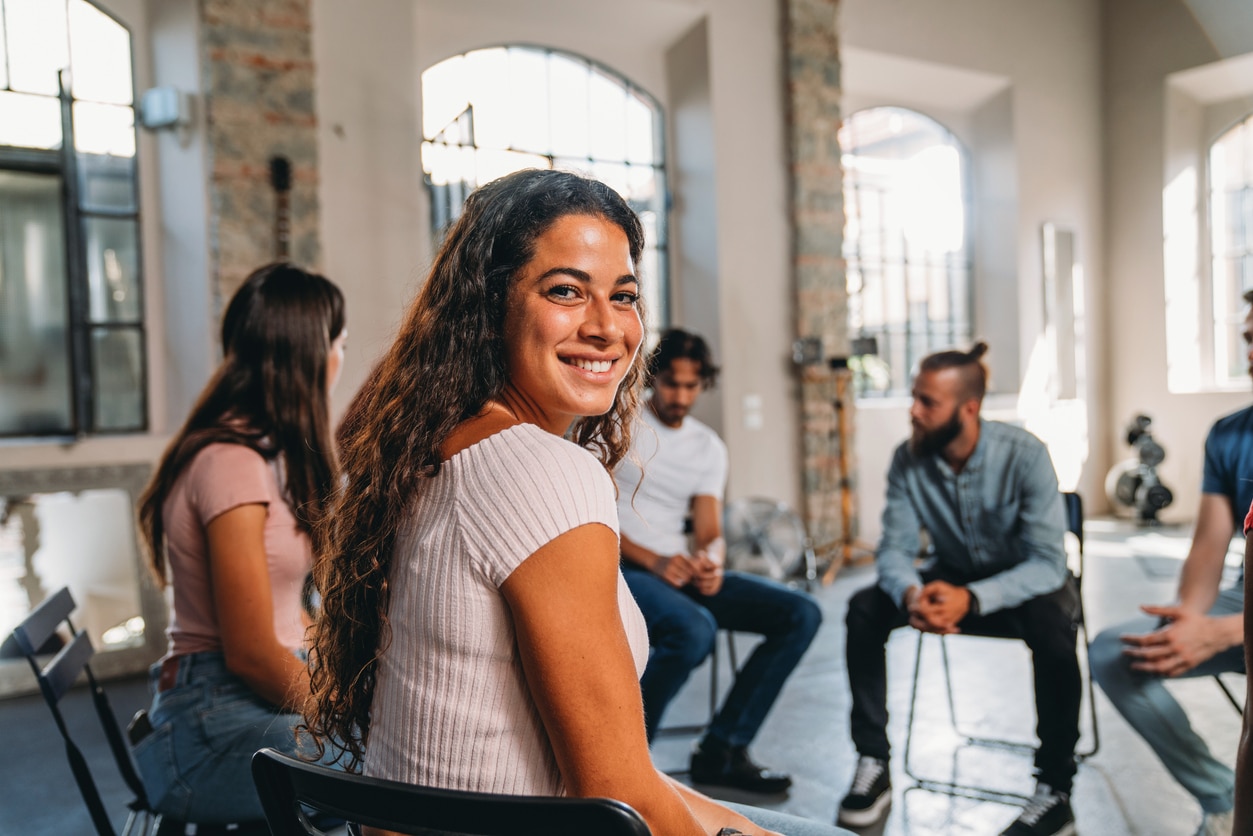
Empowering Recovery Through Life Skills Group Colorado Options
The Importance of Life Skills Group Colorado Treatment
Colorado ranks 45th out of 51 for adult mental health in the latest mental health survey. This means the Centennial State has some of the highest prevalence of mental illness and lowest rates of access to care.1
A recent survey found that nearly 30% of adults in Colorado experienced symptoms of anxiety and/or depressive disorders. Also, there has been a 95% increase in annual drug overdose deaths from 2011 to 2021 in the state.2
Additionally, with a teen drug use rate of 11.45%, Colorado faces a pressing need to implement early intervention strategies.3
At MHRC, we are committed to challenging these statistics by providing a welcoming and restorative environment for individuals ready to begin healing from mental health and/or addiction challenges.
The Need for Localized Treatment
Supporting Sobriety Through Life Skills Group Colorado Treatment
Building a Sustainable Future
Empowering Change
Promoting Holistic Well-Being
Enhancing Emotional Resilience
Life skills groups help individuals learn and practice emotional regulation techniques. This helps them cope with stress, anxiety, and other negative emotions in a healthy manner. This emotional empowerment is crucial in supporting long-term recovery.
Accountability
- Setting goals
- Tracking progress
- Sharing experiences
Integrating Life Skills With Traditional Therapy Sessions
The Power of Peer Support and Shared Learning in Life Skills Group Colorado
Enhanced Treatment Retention
Sharing Lived Experiences and Perspectives
- Learn from each other’s coping mechanisms
- Gain strength from shared struggles
- Witness the successes of others
Building a Sense of Belonging and Reducing Isolation
The Mile High Recovery Center Approach to Life Skills Group Colorado Options
Part of the Holistic Approach to Recovery
Unique Features of Life Skills Group Colorado Treatment
- Financial management
- Building healthy relationships
- Effective communication
- Stress management
- Decision making
- Self-care practices
- Employment skills
Life Skills Group Colorado Tailored for the Community
At MHRC, wellness strategies are tailored to meet the needs of the local Colorado community.
We understand the unique challenges faced by residents, including high rates of mental illness and substance use. Therefore, our life skills groups are designed with a local perspective.
This ensures that the skills taught are directly applicable to the challenges and opportunities within the community.
Core Components of Life Skills Groups Colorado Options
Personal Development
- Self-awareness exercises that are designed to enhance self-understanding and recognition of personal triggers, strengths, and areas for improvement
- Reflection activities so individuals can learn from past experiences
- Strategies to help participants set realistic, achievable goals
- Exercise to help build a positive self-image and a strong sense of self-worth
Interpersonal Skills
Communication Activities
Role-Playing
Proven Strategies
Practical Life Skills
Living Skills
Financial Skills
Nutrition
Time Management
Coping Strategies
Proven Techniques
Relaxation techniques such as deep breathing exercises, progressive muscle relaxation, and guided imagery help reduce anxiety and mitigate the stress responses that often lead to cravings.
Mindfulness and Meditation
Mindfulness and meditation sessions help participants remain present and non-judgmental about their thoughts and feelings. Mindfulness is also proven to reduce the chances of a relapse.5
These exercises help clients identify, understand, and appropriately manage their emotions. Learning to recognize emotional triggers and developing healthier responses is key to avoiding substance use as a coping mechanism.
About 40% to 60% of people who get treatment for substance use disorder will eventually relapse, which is why our programs offer targeted support and skill-building opportunities. Through this training, we equip clients with the resilience and tools they need to navigate life’s challenges without turning back to substance use.6
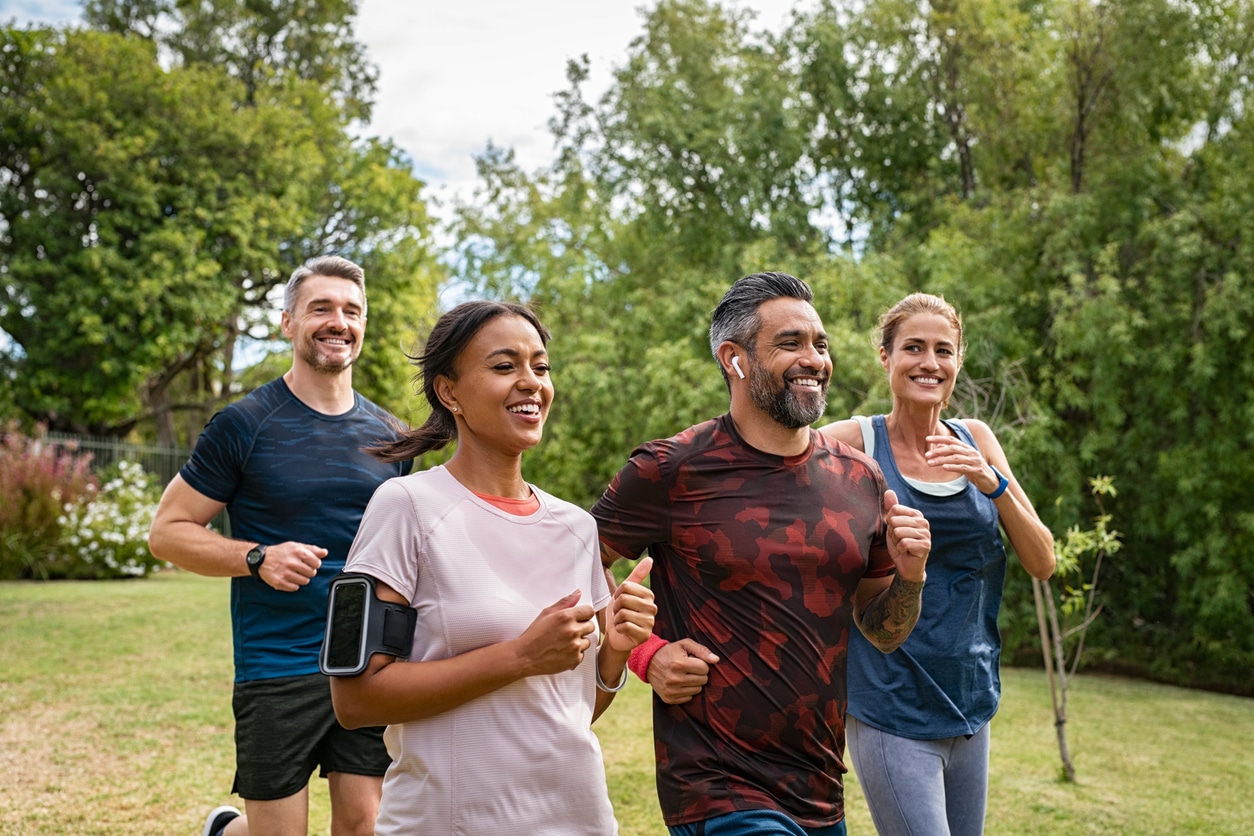
Empowering Recovery With Mile High Recovery Center’s Life Skills Group Colorado
Explore Our Life Skills Group Colorado Today
Our Colorado programs are tailored to meet the unique needs of our community.
Whether you are seeking support for yourself or a loved one, we offer personalized support and growth opportunities that cater to every aspect of recovery and reintegration.
Recovery is not just about abstaining from substance use – it’s about building a life that you are excited to live each day. With our comprehensive life skills training, we provide the resources for our clients to thrive in recovery and beyond.
Contact our team today and embrace the opportunity for personal growth and societal reintegration.
Let us be a part of your path to recovery, empowerment, and a brighter tomorrow.
Resources
- https://mhanational.org/sites/default/files/2023-State-of-Mental-Health-in-America-Report.pdf
- https://www.kff.org/statedata/mental-health-and-substance-use-state-fact-sheets/colorado/
- https://drugabusestatistics.org/teen-drug-use/
- https://www.ncbi.nlm.nih.gov/pmc/articles/PMC5047716/
- https://www.ncbi.nlm.nih.gov/pmc/articles/PMC6247953/
- https://nida.nih.gov/publications/drugs-brains-behavior-science-addiction/treatment-recovery


